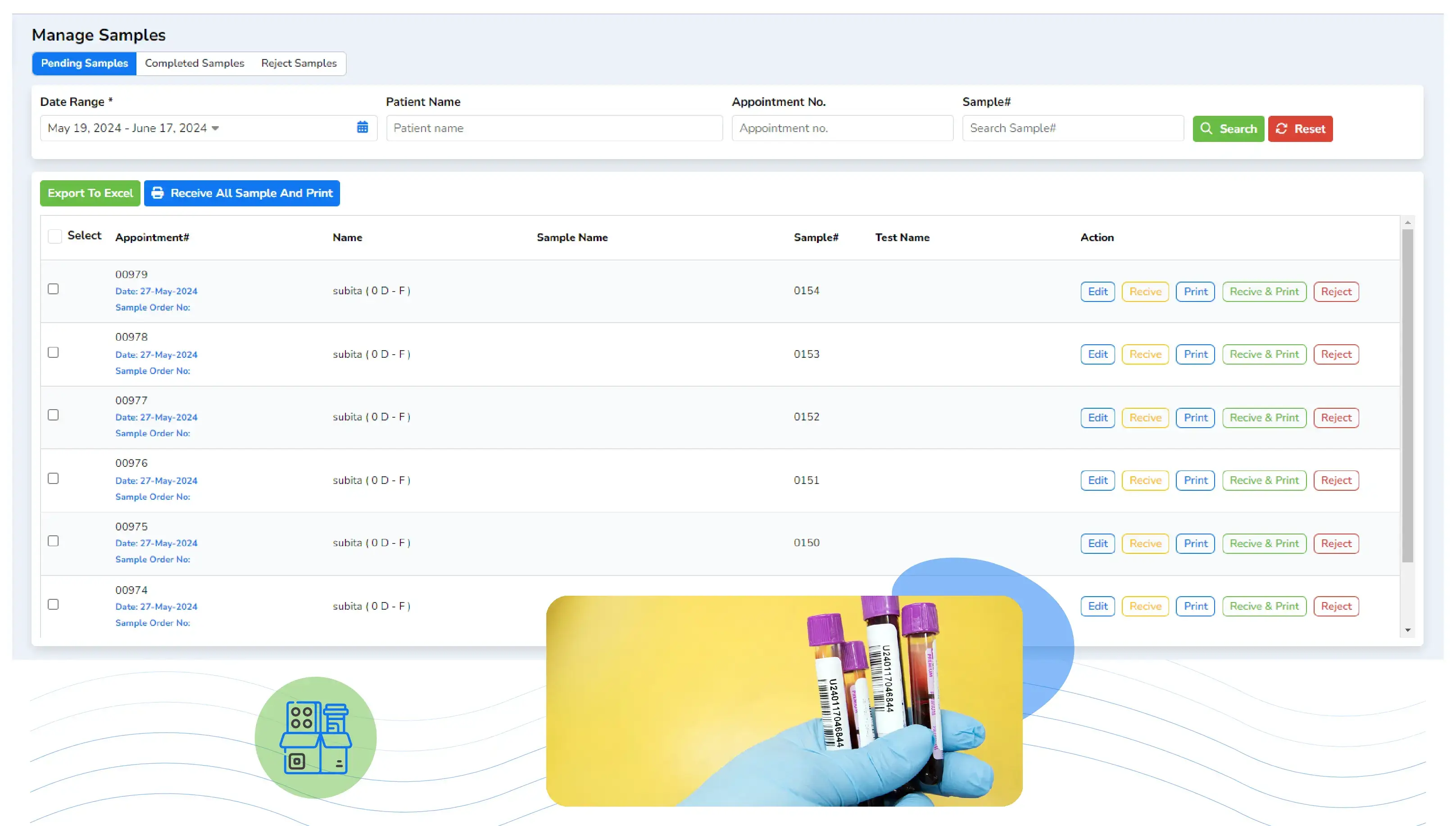Italy’s Political Landscape Faces Uncertainty Amidst Coalition Rifts
Italy, known for its vibrant political scene, finds itself at a crossroads once again as tensions within the ruling coalition threaten to unravel the fragile balance of power. The current coalition, comprised of the Democratic Party (PD), the Five Star Movement (M5S), and a coalition of smaller leftist parties, has struggled to maintain unity amid growing disagreements over key policy issues.
At the heart of the discord lies a clash over economic reforms and social policies, particularly concerning taxation and welfare. The PD, traditionally aligned with center-left ideologies https://indianaupdates.com, advocates for progressive taxation and comprehensive welfare reforms aimed at addressing income inequality. In contrast, the M5S, a populist movement known for its anti-establishment stance, favors tax cuts and direct financial assistance to citizens, reflecting their grassroots origins and commitment to direct democracy.
This ideological divergence has not only strained relations between the coalition partners but has also fueled speculation about the stability of Prime Minister Giuseppe Conte’s government. Conte, a technocrat who has navigated Italy through various political crises, now faces mounting pressure to bridge the gap between his coalition allies or risk facing a vote of no confidence in parliament.
Adding to the political turmoil are external pressures, including Italy’s economic recovery post-pandemic and its role within the European Union. As one of the EU’s largest economies, Italy’s policies resonate beyond its borders, influencing broader EU economic strategies and geopolitical alignments.
In recent weeks, public opinion polls have indicated a decline in support for the coalition, with dissatisfaction growing among voters disillusioned by perceived inaction and internal bickering. The opposition, led by Matteo Salvini’s right-wing Lega party and the center-right Forza Italia, has capitalized on this discontent, advocating for a snap election to usher in what they claim would be a more decisive and stable government.
Amidst this uncertainty, Italy’s political future hangs in the balance. Whether Conte can navigate the choppy waters of coalition politics and steer Italy towards consensus on critical reforms remains to be seen. As the nation grapples with internal discord and external pressures, the coming months promise to be pivotal for Italy’s political landscape and its role within Europe.







